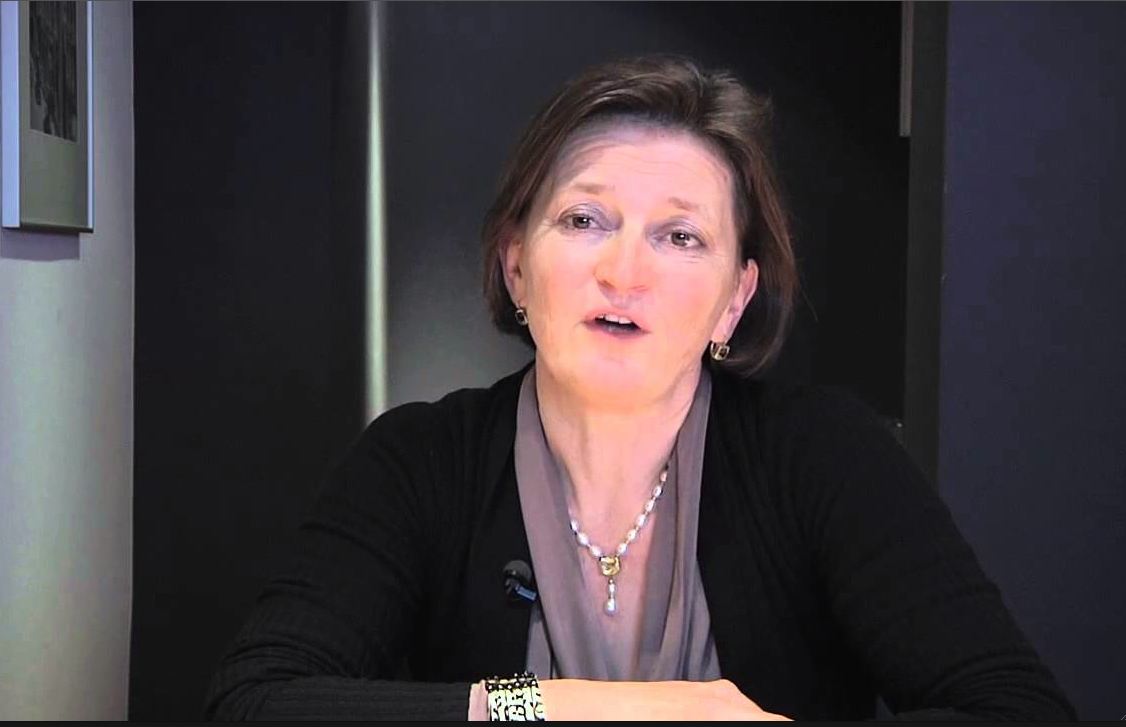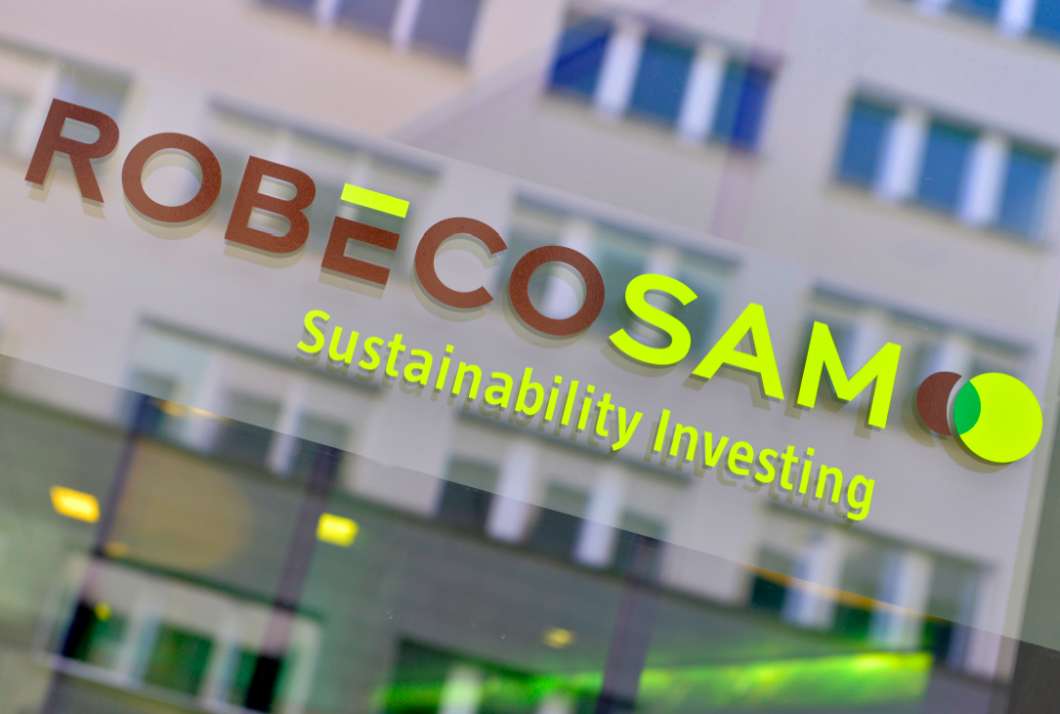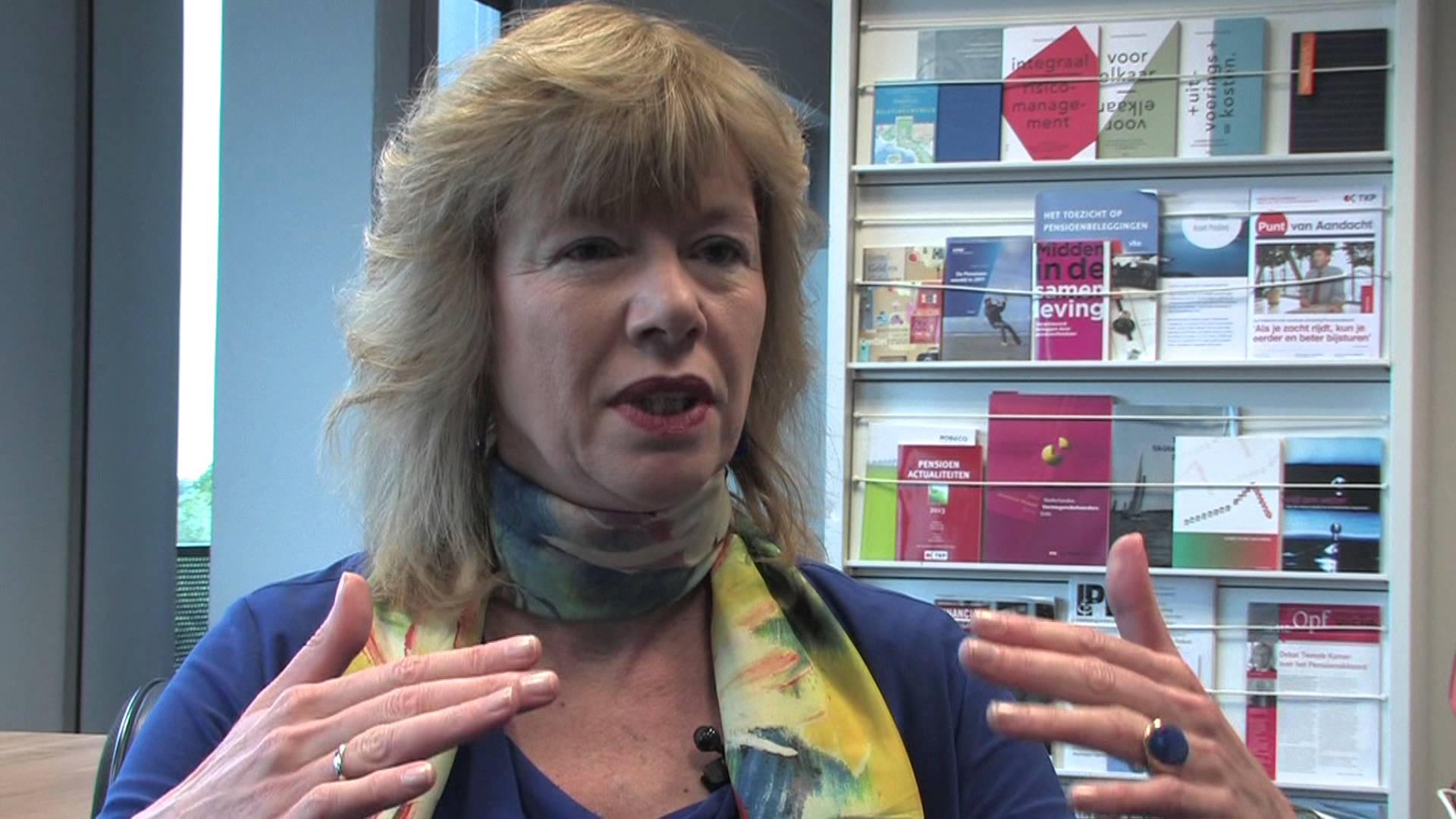Roderick: How does your fund formulate a policy with respect to sustainability?
Martine: The origins of our sustainability policy go back to the much-discussed Zembla broadcast about cluster bombs in March 2007. This made the board aware that we had to take action. In the beginning, it was just exclusion. By 2008, there was a need to do more than simply exclude. In an ideal world you would not want to exclude companies, you would engage with them. At that time we also looked at the role that institutional investors played in the financial crisis from this perspective.
One of the things missing in the run-up to the crisis was the exercise of voting rights at shareholder meetings. If corrective action is never taken at these meetings, it is no surprise that the management starts to behave like an owner. It is a sort of free put option. They enjoy the profits but not the losses.
Roderick: So your attitude was then: you people need to look in the mirror?
“Our industry only considers its fiduciary duty. In other words, achieving the highest possible return at an acceptable risk.”
Martine: That is right. Many funds took the attitude that ‘there is nothing we can do’. But with hindsight, they could have cast their votes. From then on, there was an interesting shift from not voting to voting yes. But it was based on the assumption that management is in command of all the facts. What you are seeing slowly develop now – in any case at the larger funds – is the introduction of individual voting guidelines. Whether they vote themselves or use a proxy adviser, their votes are cast according to their own voting policy. The question now is what the majority will do, including index investors. We formulated phase one of our sustainable investment policy in 2008. We have now moved on to the next stage. This time, the board is more involved. It is a process.
Roderick:So your first step was actually a more defensive reaction to an external event. Now you have moved to a proactive stance.
Martine: That is right. I presented a draft multi-year plan in which one of the goals was to get a reaction from the board and to increase their involvement. That worked.
Roderick: What led the board to take a more active stance?
There is still a perception that sustainability is at the expense of return. Nobody considers the risks associated with the unsustainable.
Martine: Partly due to increased publicity, the awareness grew that SI could play an important role. What I still find to be lacking is any pressure from the participants. It is all quiet on that front. And personally, I also think there should be more pressure from the regulator and the government. The thinking in these quarters is still focusing only on return in my opinion.
The strange thing is that corporates are already dealing with all kinds of rules with regard to sustainability, but our industry only considers its fiduciary duty. In other words, achieving the highest possible return at an acceptable risk. In the past, this was interpreted exclusively in terms of financial return and risk. But the interesting point is that non-financial risks can have huge financial consequences.
Roderick: You are saying that there is still scant attention to the issue from the regulator and the politicians.
Martine: It is very quiet in The Hague and in Amsterdam. Not only that, if you deviate from conventional benchmarks as a result of a pioneering sustainability policy, you have a problem.
Roderick: Then you have to retain higher reserves because you are seen as taking increased risk.
Martine: We are talking about the definition of risk as used by the regulator. Market risk is considered to be a risk, but not a risk that the regulator can influence. Everything that deviates from this is considered to be a risk that can be influenced. This will only change if public opinion changes. The interesting thing about public opinion is that policy is generally seen as very important. But as soon as it gets personal, there is a tendency to make short- sighted and opportunistic choices. There is still a perception that sustainability is at the expense of return. Nobody considers the risks associated with the unsustainable. ‘Do you want to invest sustainably?’ is actually not the right question. The question that should be asked is: ‘Do you want to continue to invest unsustainably?’ It needs to be turned around!
Roderick: Do you find there is resistance to sustainable investing as a result of the fund’s financial position?
Martine: The board is aware that it is potentially important, but there are so many other issues that are more urgent at the moment. It will take time.
Roderick: Lower funding ratios, missed opportunities: these are the issues, I think.
Martine: Absolutely. The smaller company pension funds mostly have very limited support. The correct focus is missing. In many cases, the board has no support and the pension board members have numerous other duties. The day-to-day issues prevail.
We have seen enough examples of a company’s value being affected by non-financial factors in recent years. And the majority of companies are keen to enter into dialogue.
Roderick: Are you also approached by the participants?
Martine: Very rarely. Recently I held a workshop for our pension consultants. They said that they receive questions on this issue perhaps once or twice a year. Awareness of sustainability is not that strong in the Netherlands. As far as I know, there is no discussion of what our society should look like 50 years from now.
Roderick: You would like to see a principled debate on our future direction?
Martine: I have the feeling that society is run in the benefit of the big companies. Shouldn’t this be the other way around? Take the banks, which should serve industry and business. And clients. But the bailout means the reverse is true. And what has changed? Absolutely nothing! But as long as there is no discussion of this in our society, we will not make any progress.
Roderick: What needs to happen to change things?
Martine: I fear that something serious has to happen. The nuclear disaster in Japan is an obvious example. After Fukushima, the debate on nuclear energy was more or less over. People simply rejected it. Our ‘Fukushima’ might be 50% unemployment among young people, as has already happened in Spain. Ultimately there will be a price to pay. But I do not think we will let it get to that point.
Roderick: Despite the lack of interest, how do you communicate with your participants on this subject?
Martine: First of all via the website. But we also have a newsletter and a magazine. The level of interest is really very low. I do not think that this is really related to the make-up of the transport industry. Drivers are just as aware, or unaware, of sustainability as the rest of the Netherlands. There are many sustainable initiatives in the transport sector such as economical driving, reducing C02 and things like Truck-run. Drivers have their hearts in the right place. But they do not see the connection with their pensions.
Roderick: What do you think about the ‘competition’ to raise more assets so that costs can be reduced as far as possible? After all, index investors are now looking for their own benchmark so that they have to pay less. And I wonder whether an index investor would have any interest in investing in an ESG policy, in the implementation of that policy and the reporting of it.
If you squeeze everything to the last drop, do not expect to get quality. You will not find the best meat at the discount store.
Martine: I think the general rule is that you get what you pay for. If you squeeze everything to the last drop, do not expect to get quality. You will not find the best meat at the discount store. I understand the focus on costs, but there is a difference between paying costs for hedge funds, GTAA, and private equity mandates (of 2% fixed fee + 20% performance fee, or 3% fixed fee + 30% performance fee) and whether you pay 4, 5, 6 or 20 basis points for an index mandate.
The point is: if you pay so little for a mandate, the risks will ultimately be much higher than the couple of basis points you have saved. A typical case of penny wise, pound foolish. But do not misunderstand me, of course we have to do what we can regarding costs. Fees can be reduced. Below a critical level, however, this will be at the expense of quality.
Roderick: How do you see the future? What developments do you expect?
Martine: Mostly limitations as regards implementation. The main obstacle in my opinion is managers who are totally skeptical. Then you have the managers who say that they would like to do something, but ultimately do nothing. And of course the regulator, whose focus seems to be increasingly short term. This, in combination with the fascination for index investing, gives cause for concern. If there is to be no statutory framework for sustainable investing, the outlook is not so positive in my opinion.


 By Fórmate a Fondo
By Fórmate a Fondo
